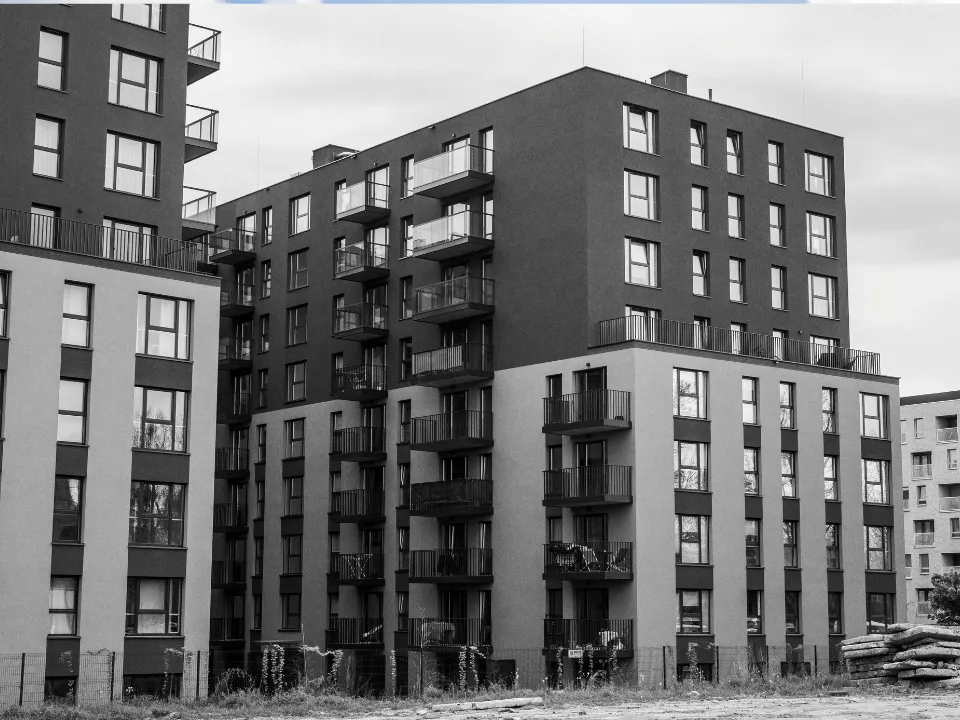- HUD plans to give public housing authorities 30 days to disclose immigration status data for tenants receiving assistance—or face funding cuts.
- The move aligns with President Trump’s executive orders aimed at restricting federal benefits to individuals without legal status.
- DC Housing Authority may be the first to receive the directive, as part of broader federal scrutiny on crime and public safety in the capital.
A National Crackdown Begins
The Trump administration’s HUD is preparing to send letters to over 3K public housing authorities requesting immigration data, reports Bisnow. The letters will demand that agencies provide data on tenants’ immigration status. Housing authorities will have 30 days to comply with the request. Housing authorities that fail to comply could face significant funding threats, HUD officials confirmed to Bisnow.
This move stems from President Trump’s broader directive to block federal benefits, including housing aid, for undocumented immigrants.
First Target: Washington, DC
The DC Housing Authority is expected to be the first agency to receive the formal notice. HUD Secretary Scott Turner’s letter was first reported by the Washington Examiner. It warns that noncompliance could lead to “examination of HUD funding and/or evaluation of PHA program eligibility.”
DCHA has not commented on whether it has received the letter or what its internal policies are regarding the collection or sharing of immigration status data.
Get Smarter about what matters in CRE
Stay ahead of trends in commercial real estate with CRE Daily – the free newsletter delivering everything you need to start your day in just 5-minutes
What The Law Says
Federal housing law restricts public benefits for noncitizens under the 1980 Housing Act and 1996 Welfare Reform law provisions. However, enforcement of these laws has been inconsistent. Certain categories of immigrants, such as refugees or those with legal temporary status, are eligible under specific provisions.
However, Trump’s February executive order—“Ending Taxpayer Subsidization of Open Borders”—instructs federal agencies to enforce these restrictions more aggressively.
Raising The Stakes
In April, HUD leadership sent a letter outlining new restrictions. It stated that “housing assistance will no longer be granted to illegal aliens or sanctuary cities.” The letter also clarified that federal housing programs are now strictly reserved for “the American people.”
A HUD spokesperson told Bisnow that many local housing authorities aren’t collecting immigration data. Others aren’t sharing it, despite being legally required to do so.
Why It Matters
This effort marks an escalation in the administration’s push to tie immigration enforcement to housing access. For housing authorities, the ultimatum poses a difficult choice: comply with potentially controversial federal directives or risk critical funding for low-income housing programs.
More than 3K housing agencies nationwide could be affected by this policy shift. It may have broad implications for affordable housing delivery across the US.
What’s Next
Legal challenges and local resistance are likely, especially in cities with sanctuary policies. Meanwhile, HUD is expected to begin formal enforcement by the end of September, starting with Washington, DC and expanding nationwide.
The political and legal fallout will shape how deeply immigration status becomes tied to housing access in the coming months.


















